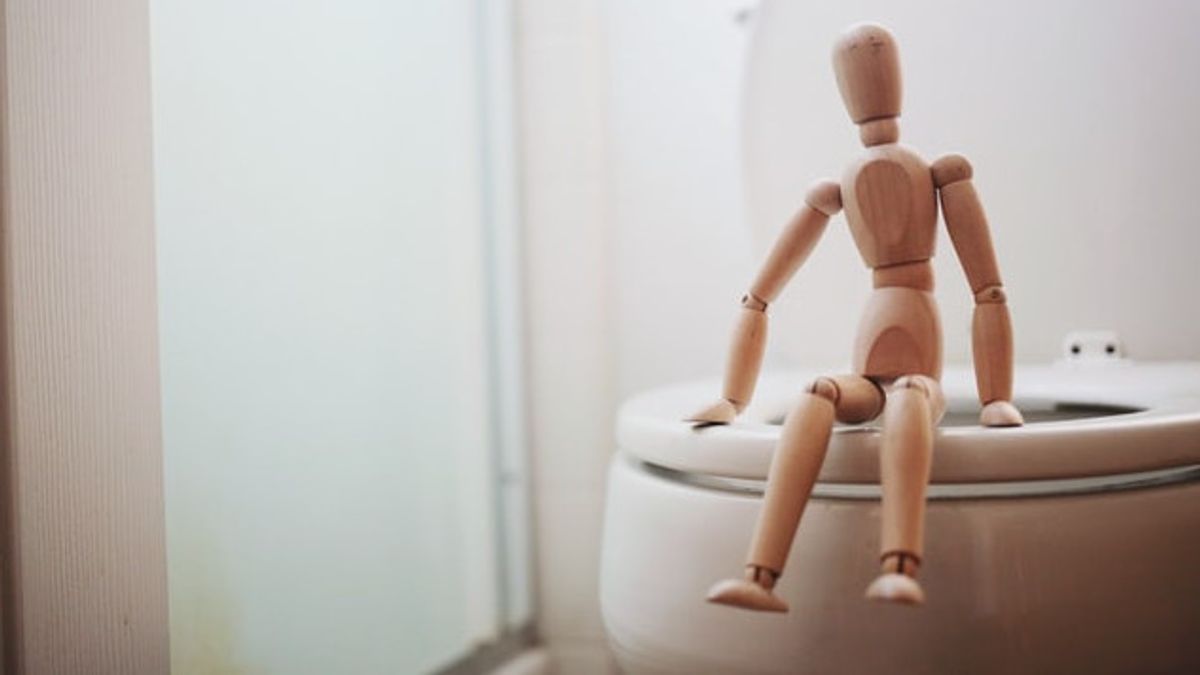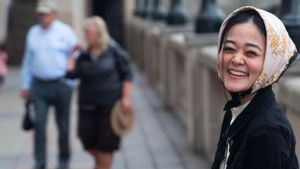JAKARTA - An overactive bladder or in medical terms known as an overactive bladder (OAB) is a problem with the bladder's storage function that causes a sudden urge to urinate.
Adapting the Healthline page, this urge is difficult to stop, making you frequent to the bathroom, difficult to hold urine, and experiencing incontinence or passing urine involuntarily. Over time, these symptoms will affect daily activities to the point of disturbing the quality of sleep at night.
There are many causes of an overactive bladder, including aging, medical conditions such as Parkinson's disease, bladder obstruction, and weak pelvic muscles. There is also an unknown cause. This disease is common and can be cured with treatment.
In fact, several treatment methods such as herbs, regular exercise, and behavioral therapy are known to help with overactive bladder. About 70 percent of women who use some of these methods report being satisfied with the results, according to the Harvard Health Blog.
But before trying some of the following therapies, please consult your doctor first. And do not mix this herb with prescription drugs because it can give unwanted side effects.
Chinese herbal blendGosha-jinki-gan (GJG) is a mixture of 10 traditional Chinese herbs. Several studies have been conducted on this herbal remedy, and researchers have found that GJG can inhibit bladder overactivity and significantly increase the frequency of urination during the day.
People who took 7.5 milligrams of GJG a day also reported better results on the International Prostate Symptoms Score (IPSS), with frequent urination. Another Chinese herbal remedy is Hachimi-jio-gan (HE).
HE consists of eight natural ingredients, some of which are also contained in GJG. Previous studies have shown that HE contracts the bladder muscles so that the urge to urinate can be controlled.
Ganoderma lucidum (GL)Also known as lingzhi mushroom, this extract from East Asia is used to treat many ailments including hepatitis, hypertension, and cancer. In a randomized study, 50 men reported a reduction in symptoms in prostate disease. This study recommends 6 milligrams of GL extract in men with symptoms of lower urinary tract disorders.
Corn hairCorn silk is the part of the corn that looks like it's actually browned. This corn mane grows on the cob. In fact, this hair has often been an ingredient in traditional Chinese medicine since several centuries ago. In fact, also in several other countries such as France, Turkey, and the United States. One of the benefits of corn silk is to overcome urinary tract infections, strengthen and restore mucous membranes in the urinary tract and prevent incontinence according to the International Continence Society.
The English, Chinese, Japanese, Arabic, and French versions are automatically generated by the AI. So there may still be inaccuracies in translating, please always see Indonesian as our main language. (system supported by DigitalSiber.id)





